Group Health Insurance for Employees in Alabama
With group health insurance, an employer typically covers at least half of each employee’s monthly insurance premium. The employee covers the remaining portion of their own premium as well as the full premium for any dependents they’ve added to the plan. In addition, since employers are doing large amounts of business with insurance companies, group health insurance plans can often be purchased at discounts.
Group health insurance plans have two main categories: indemnity plans and managed care plans. With a managed care plan, there’s less out-of-pocket cost and less paperwork. Because of this, managed care plans are becoming the more popular option. There are three basic types of managed care plans: PPO, HMO, and POS.
Health Maintenance Organization (HMO)
HMO plans stay affordable by limiting their members’ options to only a specific network of healthcare providers. With an HMO plan, each member selects an in-network Primary Care Physician (PCP). To see a specialist, referrals from the PCP are usually necessary. Out-of-pocket costs of an HMO plan are predictable, as they are often limited to low annual deductibles and copayments for doctor visits and other covered services. HMO network size varies by location.
Preferred Provider Organization (PPO)
A PPO plan offers larger networks, but higher premiums. With this flexible option, members typically don’t have to choose a PCP and don’t need referrals for specialists. Out-of-pocket costs may include deductibles, copayments, and coinsurance.
Point of Service Plan (POS)
Think of this plan as a hybrid of the other two. Members can choose to use the plan’s provider network for some services and go outside the network for other services, though they can save more by staying in-network. Members won’t need referrals for specialists, but they will need to select an in-network PCP. POS network size varies by location.
Types of Health Benefits for Employees
A survey by the Alabama Department of Labor reported that 81% of all companies offer medical insurance to their full-time employees. It’s important to know your options and empower your employees with benefits packages that feature the following:
- Health plans
- Dental plans
- Vision plans
- Pharmacy plans
- Behavioral health plans
- Wellness programs
- Disability insurance
- Life insurance
- Worker’s compensation
- Additional voluntary benefits
A flexible spending account (FSA) or other health reimbursement arrangements may also be part of the health insurance benefits. An FSA also allows employees to pay for out-of-pocket costs with a designated “flex” debit card. Benefit plans may also include flu shots, employee assistance programs (EAP), and more.
Group health insurance plans do not include coverage for dental and vision, but they can be added on for additional fees. Options and premium costs will vary depending on which health insurance company you work with. With a small group health insurance plan, the monthly premium will be cost-shared between the employer and the employee.
With the Affordable Care Act, the federal government established the Small Business Health Options Program (SHOP) for small employers who want to provide health coverage for their employees. SHOP plans are generally the only way to qualify for the Small Business Health Care Tax Credit to lower premium costs.
Worker’s Compensation
According to Alabama state law, any business that has five or more employees must have workers’ compensation coverage. Worker’s compensation covers medical expenses, lost wages, and other costs if an employee gets injured at work. When the employee gets hurt and files a worker’s compensation claim, the insurance company will then pay their medical bills for them. In exchange, the employee agrees to waive the right to sue their employer for negligence in the event of a workplace accident.
Disability Insurance
Disability insurance protects employees from missing out on income if they’ve become disabled and are no longer able to complete their job duties. Short-term liability insurance coverage for these purposes usually comes with a time limit. For example, the company may only provide payment to a disabled individual for one year or less. If at that point the individual is still disabled and out of work, they can turn to Social Security disability or to private disability insurance.
Is Employee Health Insurance Legally Required in Alabama?
In Alabama, state law requires all businesses with 50 or more full-time employees to offer health insurance plans of some kind, and you may be penalized if you don’t. Businesses with fewer than 50 employees are not legally required to offer health coverage, but most do anyway.
To qualify for group health plans in Alabama, your company needs at least two full-time employees (including the owner.)
Employers must also provide employees with a summary of benefits and coverage, which is a standard form explaining in detail what the health plan covers and how much it costs.
To learn more about employee benefit changes, we encourage you to connect with an employee benefits specialist at one of our six Alabama locations.


